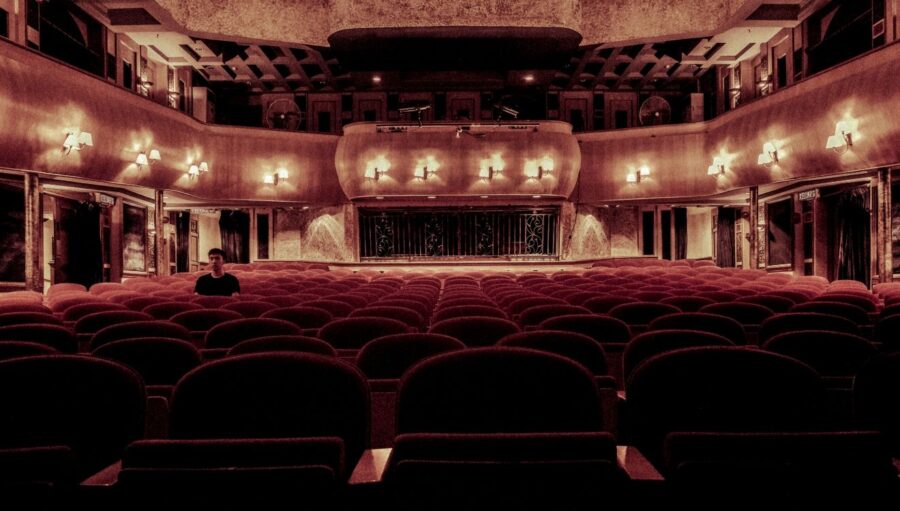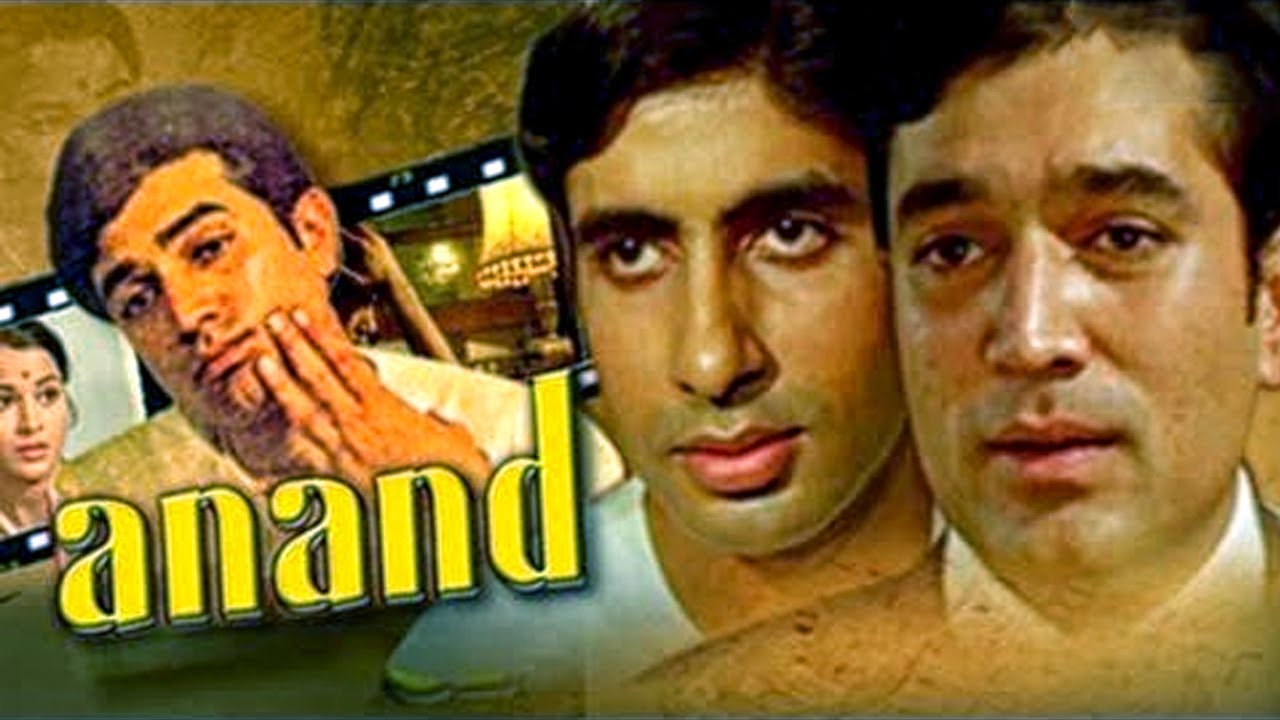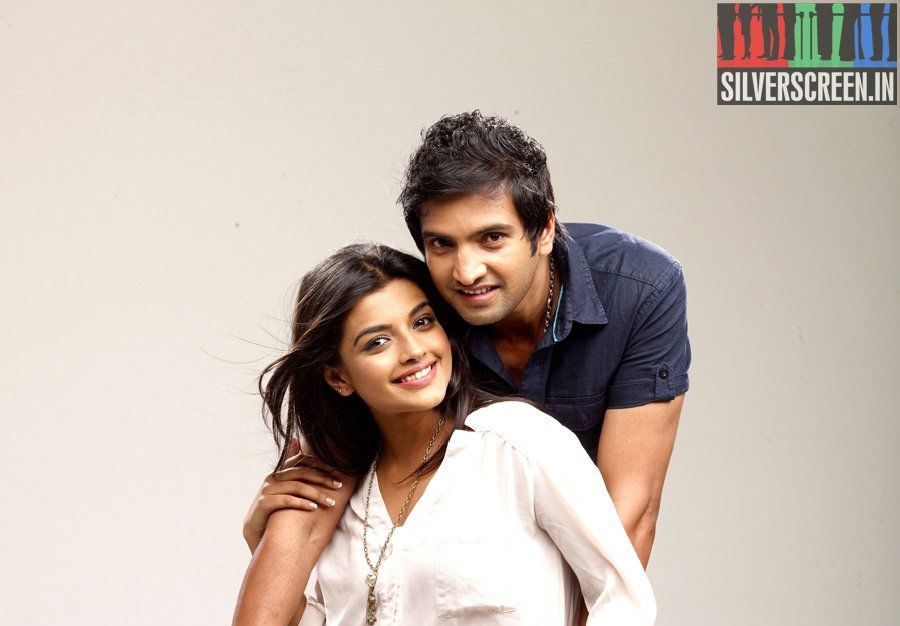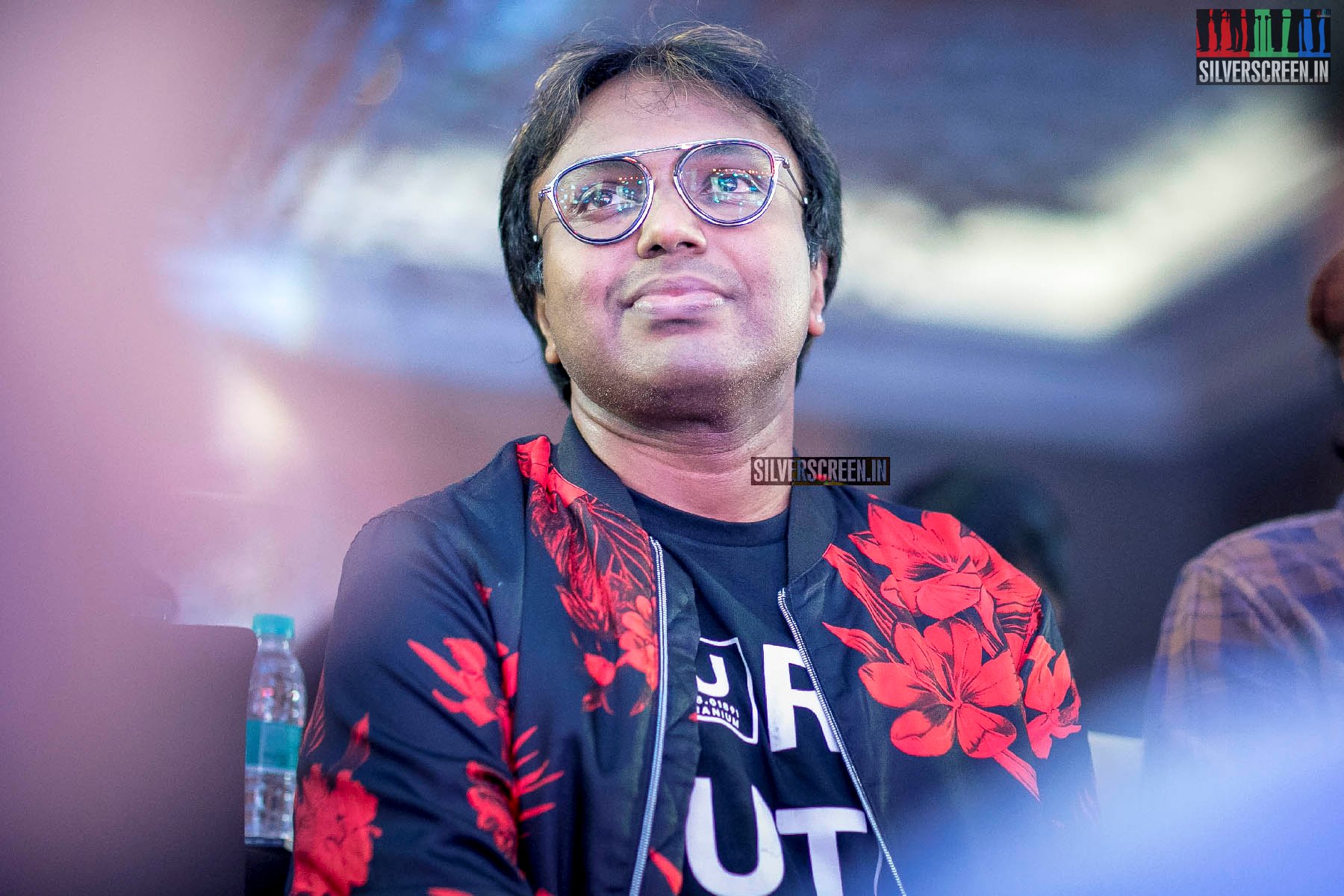Silverscreen India critics Aditya Shrikrishna and Aswathy Gopalakrishnan write to each other on cinema, critiquing and withdrawal symptoms, while in lockdown, in Tamil Nadu and Kerala.
***
Aswathy,
It is a sombre time to be thinking about cinema, art, and sports seemingly disposable during a crisis of this magnitude. But then, we are also under lockdown and there is just a whole lot of time at hand and never a paucity of content. That’s one advantage film and TV have over live sports. I am amazed to hear thoughts of missing the freaky Fridays and withdrawal symptoms. Not missing it at all (and *clears throat* we come from two of the better Indian film industries) and we were told the big screens are passé anyway. To think I love the big screen and will always choose a movie theatre, over Netflix. But I don’t miss the weekly routine.
I am sure you don’t either. We are also outsiders in the community, we don’t even do press shows. More importantly, we don’t make (yet!) those hotcakes, videos! I guess that bunch is facing a few logistical issues but getting by with Instagram Live, etc. If the government tested as many people as the number of Zoom conference screenshots I am seeing on social media, we’d probably be in better shape. So maybe it is our time to shine, the writers as we call ourselves, we have all the time to write and maybe, just maybe, people have all the time to read. Though I am expecting the first comment under this epistolary exercise to be “this could have been a video”. Well.
It’s also a great time to catch up. I made a list of Lucrecia Martel’s Criterion Closet Picks two years ago, maybe I’ll finally try to get to them now that I am satiated by all the 2019 must-sees.
Do you get time to watch the old stuff and classics? I am constantly pulled away by new content flung at us that about a third into a director’s filmography, I get thrown off track. This is also an issue I find with editors, but I don’t blame them. People want new content on forever-trending content; everything about Ajith and Vijay (#MasterUpdate?), or a listicle on Fahadh Faasil’s top 10 performances. Can we come to an understanding where I’ll give you this listicle but guarantee that piece on an obscure film or a profile on a not-a-star-yet? This is not a problem that’s confined to cinema writing. Since I started this by mentioning sports, here is the tennis version of this to end – a mediocre piece on Federer, Nadal or Djokovic will fetch you more clicks than a great piece on a nutty talent like Ernests Gulbis. Or anything on women’s tennis. See, these are the things that keep me awake at night. When I am not wondering about the shape of the post-Corona world. What about film criticism in India that keeps you up at night, to put it dramatically? Do you get to write what you want to write?
***
Aditya,
I thought we, film critics and writers, were always in a sort of self-imposed isolation. At home, glued to small screens and streaming websites, or practicing social distancing using the shield of darkness inside the movie halls.
I agree with you on not missing the Friday first-shows. Sure, the big screen is irreplaceable, but I equally enjoy the set-up that allows me to pause movies in the middle if I come across a great shot or a moment and reflect, or rewind and rewatch. Also, it is a pleasure to watch movies without having to adhere to a deadline.
But hey, it’s been just a couple of weeks since everything came to a standstill and the movie halls shut down. By the end of the lockdown, I will likely be pining for the big screen and watching movies with a crowd.
I suppose we are among the privileged minority who don’t feel tormented by the work-from-home set-up. I, for one, live in a house surrounded by trees in an underpopulated village. I can’t go out but I was never a great fan of going out. I updated my Letterboxd lists and read some of the essays I’d saved long ago. As you said, we aren’t the video-makers yet, which means I am free to keep living space as untidy as I want to and execute work-for-home in its purest form.
This must be one such many occasions when cinema, art and, sports become thoroughly personal, like coping devices or a fly on the wall. I hope our filmmakers, writers, and artists are taking note of the nuances of this unfolding crisis.
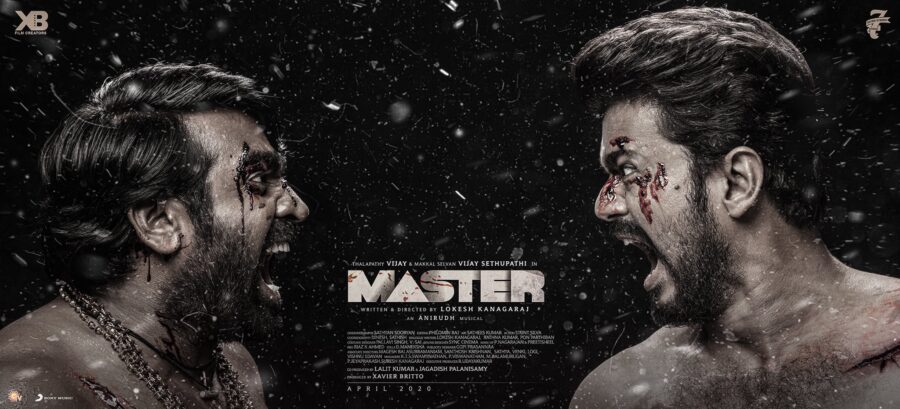
Photo Credit- Silverscreen Media Library
master-third-lookI suppose, in a parallel universe, a horde of semi-promotional pieces on Master and Kunjali Marakkar, and several suspiciously similar “exclusive interviews” of stars are being written, published, and sold on social media. For us, film journalists and critics, this unusual time might be an opportunity to slow down a little, unlearn and learn, and steer the discourse beyond the usual affairs.
Sure, there seems to be a soaring demand for listicles that would help the quarantined readers unwind, like a list of feel-good movies, but eventually, a list of obscure films you love or a piece on film history might find greater demand.
Rather than film criticism, it’s the general interpretation of the term cinephilia that I’ve been thinking a lot about these days.
I remember the first time I watched a non-Indian television series. I’d procured a copy of an American sit-com from my friend. I would watch and rewatch several episodes over weeks, greatly impressed by the show’s clever writing and humour. I didn’t feel an immediate urge to move on to another series but hang in the good-feeling for a little longer, partly because I didn’t know where to look for more content.
The enormousness of the options I have today is overwhelming. I am yet to check out Asur which, I hear, is an excellent series or Money Heist or Irandam Ulagaporin Kadaisi Gundu which I missed at theatres. I want to watch Anuradha on Mubi before it goes off the shelf. The dilemma I face might be silly, akin to that of a shopper who goes to the supermarket, stares at things one doesn’t need, and eventually leaves without buying the essential.
In this age, can a person who consumes a curated set of films and information offered by popular streaming websites and mainstream film magazines be called a cinephile? Aren’t our tastes slowly being shaped and dictated by their marketing decisions?
India might not have seen a greater cinephile than PK Nair whose collection of writings I’m reading these days. He used to watch all kinds of films that he could, including brand commercials and the so-called “trashes” of his time, and document every detail of them because he believed in the future every sort of information would be helpful in learning about Indian cinema. In this age of content proliferation, will we ever know what it means to be hungry for cinema like that?
***
Aswathy,
Yes, this lockdown has inadvertently forced people to realise that social distancing is a privilege. At this point, you are lucky if you can continue your regular job sitting at home. Or sit under a roof and watch Netflix endlessly. As you say, if not consciously, at least subconsciously – due to economic impacts among others – I hope our filmmakers realise what a moment this is and how it can impact the way art is created and critiqued. It’s epochal.
Talking of Netflix and PK Nair, reminds me of Celluloid Man, a documentary on him by Shivendra Singh Dungarpur, with several quotable quotes. Here’s one I am paraphrasing, “Cinema has the life of a butterfly. It flies beautifully for a brief period and then vanishes.” The proliferation of content has made this quote sound almost contemporary. Do we watch or consume content? It overwhelms us for an instance and then something new takes its place.
Nair considered cinema a cultural heritage long before others, and after him I wonder if there is anyone of that calibre to articulate the importance of archiving. In the film, he says Ray is as important as the stunt films of Wadia starring Fearless Nadia because in 20-30-60 years, we cannot tell what will be considered valuable (a simplistic example, look at people discovering Contagion, thanks but no thanks to Covid19). Which is when the week-in week-out job of critics seems almost banal if all we do is explain what worked and what didn’t. Cinema is documentation, and I think it is important to lay emphasis on what is being documented, how, and what might have influenced it. Every film leaves a residue of its temporal realities and there is something of value in keeping this record. It need not even be a great or worthy filmmaker. It could just about be anyone, marking the social and political aesthetic of their period. Now, to go after every small detail is hunger, which makes cinephilia of PK Nair aspirational.
There is another funny sequence when Naseeruddin Shah talks about how until FTII, he had never walked out of a film. But PK Nair was always there, watching everything from start to finish. Shah expands on the labour that watching films all day can be and how brain deadening it is to take in everything. I’ve felt that at film festivals myself. I enjoy them immensely and pray the world gets out of this crisis, and I’d like to attend them whenever I can. But the experience can be bittersweet. I remember vivid details of some films. Others, I don’t remember anything at all. It’s all woozy and as time passes, I realise maybe watching 4-5 films in a single day is not necessarily the way it must be experienced. But I am unable to shake it off and if there is a chance to attend a fest, I’ll be the first in line. What have your festival experiences been like and how important do you consider them as a cinephile and as a critic?
***
Aditya,
That’s a lovely quote!
Also on your remark on our job as film critics, how many times have we encountered the question, “Will you just say whether to watch the film or not?” One of the hardest tasks in my early days on this job was to frame a suitable comeback to this. It’s easy to fall into this trap of “popular demand” and turn into a weekly movie-recommender. In a way, such questions have helped me understand the importance of this profession better.
And FYI, I don’t have a smart comeback yet. I quietly move on. As someone who started watching movies only in her early twenties, film festivals served as my film schools where I picked up my first lessons in world cinema. It was at IFFK in 2014 that I watched Winter Sleep and warmed up to the impressionistic films of Nuri Bilge Ceylan. It was at another film festival I learned about Hong Sang-soo, the Korean filmmaker of awkward and melancholic comedies. I remember the adrenaline rush I experienced watching Burning (and ‘discovering’ Lee Chang-dong) at Mumbai film festival in 2018.
Yet, I have to say this. After the first few days at every film festival, I suffer a certain numbness, as though my body is asking me to slow down and take stock. The lists I’d prepared of the movies I wanted to catch at the festival start to seem unrealisable. The long queues in front of the screening halls start to become eyesores and not shining symbols of cinephilia. At this point, I start to ask myself existential questions such as what are movies worthy of if they aren’t allowed to move the viewer.
Mind you, I am not undermining the importance of film festivals or the great role they play as a cultural intermediary. I’m saying it’s possible to feel exhausted from over-consumption, even if it’s cinema, some.
Now, the Cannes festival has been postponed owing to the pandemic – a move that is likely to have far-reaching impacts, even on our local film festivals. There are talks of several smaller yet important film festivals going digital. I understand this is temporary, given the uncertainty across the world. Two years ago, when I asked Bina Paul, artistic director of IFFK, if film festivals would be hit by the growing popularity of streaming services, she cited the previous night’s screening of Manto and a conversation with Nandita Das that ensued. “Consumption of cinema isn’t the key (of film festivals)”, she said. There are many factors that draw the audience to film festivals apart from the movie-watching activity.
Recommended
Over the last couple of years, I have redesigned my film festival schedules to accommodate more human elements. Meeting an old friend or attending a master class or a conversation. Sometimes, I skip a crowd-puller to watch a film I haven’t heard of, which has few reservations or to discuss the film I just came out of with a friend/stranger I met in the queue. There are screenings and events I can’t miss thanks to work commitments. But when I am free to choose, I choose to not be in a haste.
And it is also an opportunity to collect anecdotes. Here is a story I love to repeat. Four years ago, in an afternoon screening of an Egyptian movie at Thiruvananthapuram’s Ajanta theatre, I, heavy-eyed, looked around for some assurance before sliding into a siesta. I caught the sight of a master filmmaker nodding off three empty seats away. I found it amusing that the movie and the afternoon had touched the auteur and me, a lesser mortal, in the same fashion.
